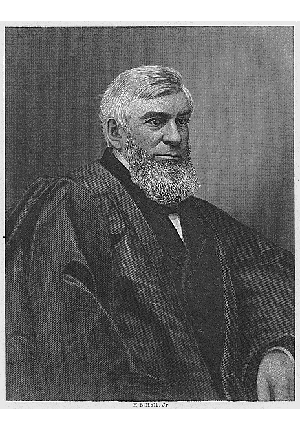Summary
Following the ratification of the Fourteenth Amendment, suffragists began to argue that this transformational amendment granted women the right to vote. This movement was known as the “New Departure.” From 1868 to 1875, hundreds of women—both African American and white—embraced this movement. Some women successfully voted, while most were turned away, arrested, or fined. In Minor v. Happersett, Virginia Minor challenged a St. Louis registrar’s decision to block her from registering to vote. A pioneer of the New Departure, Minor argued that women were United States citizens and that voting was a “privilege” of national citizenship protected by the Fourteenth Amendment. The Supreme Court rejected Minor’s claim. In a unanimous decision, the Court agreed that women were U.S. citizens, but ruled that voting was not a right of national citizenship. Instead, the Court concluded that the Constitution left the question of women’s suffrage to the states.






